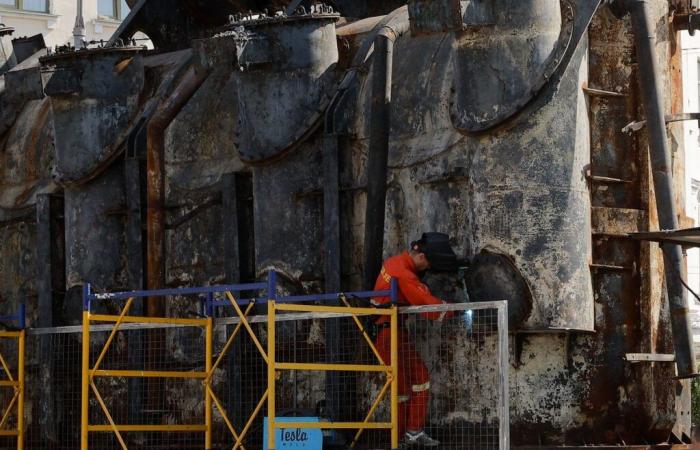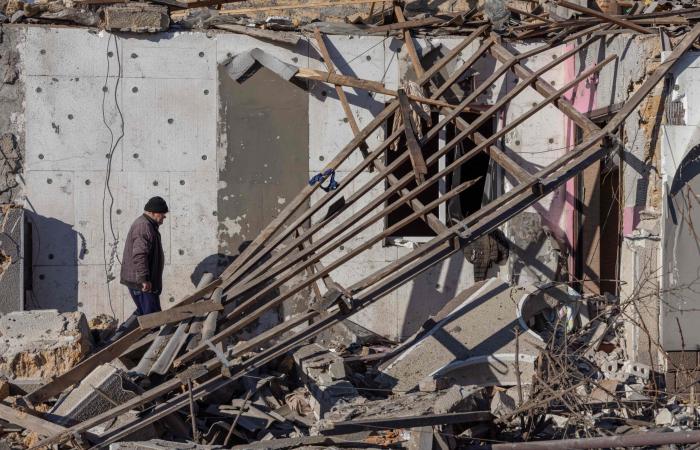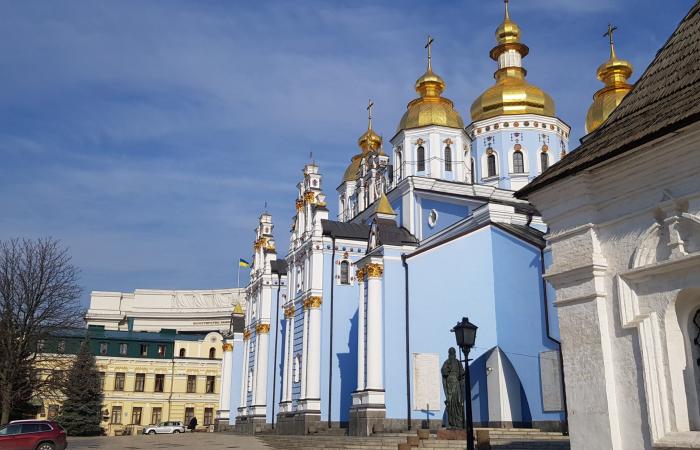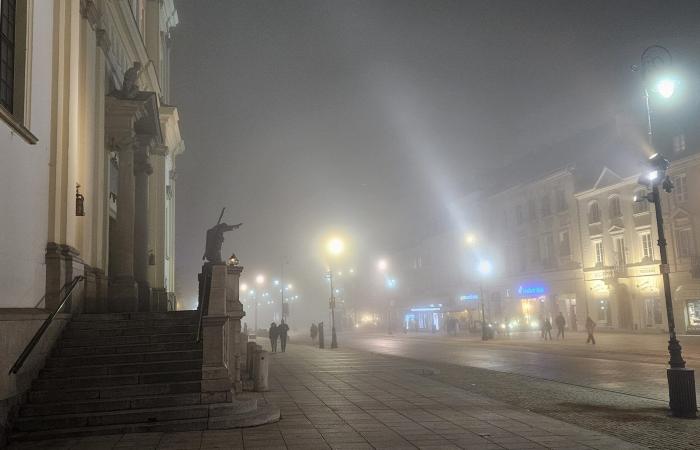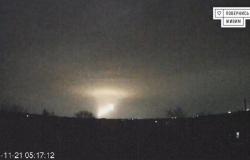In the streets lit by street lamps, couples and groups of friends chat in different foreign languages, notably Ukrainian. Nearly a million Ukrainian refugees now live in Poland, a sixth of the six million people who fled Russia’s war, partly financed by European purchases of Russian gas.
There are now around a million Ukrainian and Russian deaths and injuries, according to the Wall Street Journal, while European consumers have paid nearly EUR 93 billion to Russia for gas deliveries since the invasion of Ukraine, points out the NGO Beyond Fossil Fuels. The end of the Russian gas transit agreement through Ukraine in December should be good news from a humanitarian point of view. But discussions are still underway on the possibility of extending this supply.
Many European leaders, energy companies and analysts say that Europe could do without this 14 billion cubic meters of Russian gas per year (Gm3/year), or around 3 to 4% of the continent’s supply – thanks to new gas pipelines, LNG imports, the development of renewable energies and lower gas consumption.
But despite Russian strikes on Ukraine’s energy infrastructure, Russian gas continues to flow through Ukrainian pipes.
The transit agreement was signed urgently on December 31, 2019, to avoid a new gas crisis like that of 2009, which was caused by a dispute between Russia and Ukraine over the price of gas. At the time, the European Union welcomed the signing of the five-year agreement between the Ukrainian operator GTSOU, the national energy company Naftogaz and the Russian Gazprom.
But after the current agreement expires in December, signing a new agreement, particularly for European countries that are still largely dependent on gas such as Austria, the Netherlands and Romania, seems impossible without a mediator.
The next US president, Donald Trump, boasted that he could end the war in Ukraine “in one day”, sowing hope of a resumption of Russian gas flows, despite the absence of a concrete strategy. For some observers, the idea of a new transit agreement between Ukraine and Russia, without an end to the war, is unthinkable, despite the desire of senior officials in kyiv and Moscow to negotiate a new agreement.
“In our most likely scenario, we estimate that there will be no more Russian transit via Ukraine from the beginning of next year,” warns Dennis Hesseling, head of gas, coal and oil markets. electricity at the International Energy Agency (IEA). “The Ukrainian government has been very clear: there will be no renegotiation with Russia, for obvious reasons. »
Katja Yafimava, researcher at the Oxford Institute for Energy Studies (OIES), also says she is convinced that gas transit will actually end in December. But according to this, there is still time to find an agreement to maintain these flows in 2025.
“The most realistic option seems to be that European buyers can pick up Russian gas at the Ukrainian-Russian border and transport it through Ukraine themselves,” she explains. The researcher is nevertheless skeptical about the possibility of seeing Azerbaijan play the role of mediator.
“A gift from God”
Azerbaijani President Ilham Aliyev fueled speculation on this subject by announcing in September that he was in discussions with the countries concerned to maintain gas flows.
The president of the COP29 host country said during his opening speech that natural gas was a “gift from God”. Azerbaijan has already concluded some minor agreements for the supply of natural gas, notably with the Slovak supplier SPP. However, this gas will not transit not by Ukraine.
“Regarding the transit of Azerbaijani gas via Russia, anyone familiar with this sector knows that in reality this will be a new labeling of Russian gas,” says Sergiy Makogon, kyiv-based energy expert and former general director of GTSOU . “There is no gas surplus in Azerbaijan, so how could they supply 14 billion cubic meters? Everyone knows that it would rather be an exchange mechanism with Russia.”
“Azerbaijan’s gas production is already exported via the Trans-Anatolian gas pipeline” which connects the Shah Deniz 2 gas field in the Caspian Sea to Southern Europe via Turkey. Furthermore, President Aliyev made the supply of gas to Europe conditional on the signing of a long-term contract, but Europe is not ready to sign such a contract, says Mr. Makogon.
For John Roberts, energy security specialist at consulting firm Methinks and co-author of a report published this month by the OIES entitled “Azerbaijan’s energy transition in light of COP29” , there is a misunderstanding regarding the current discussions. “We should not confuse a proposal from Azerbaijan to act as mediator, some modest gas agreements to supply the Balkans, and the idea that Azerbaijan could transport gas via Ukraine,” he assures. .
“Azerbaijan has agreements to occasionally import Russian gas, to compensate for domestic shortages,” explains the expert, according to whom the transport of new volumes of Russian gas to the country would not make it possible to release new quantities for the country. ‘export.
Financial loss
The end of Russian gas transit via Ukraine is expected to result in a loss of approximately USD 800 million for the Ukrainian operator GTSOU in transit costs, as well as a loss of income in taxes and dividends for the Ukrainian state. Under the current deal, Russian giant Gazprom reaps revenues eight times higher, of around USD 6.5 billion, according to Makogon.
Yuriy Onyshkiv, senior energy analyst at LSEG, lives in kyiv with his wife and their one-year-old son. They often hear explosions during Russian missile and drone attacks at night. Major incentives would be needed for Ukraine to accept a new agreement, well beyond simple financial compensation, he believes.
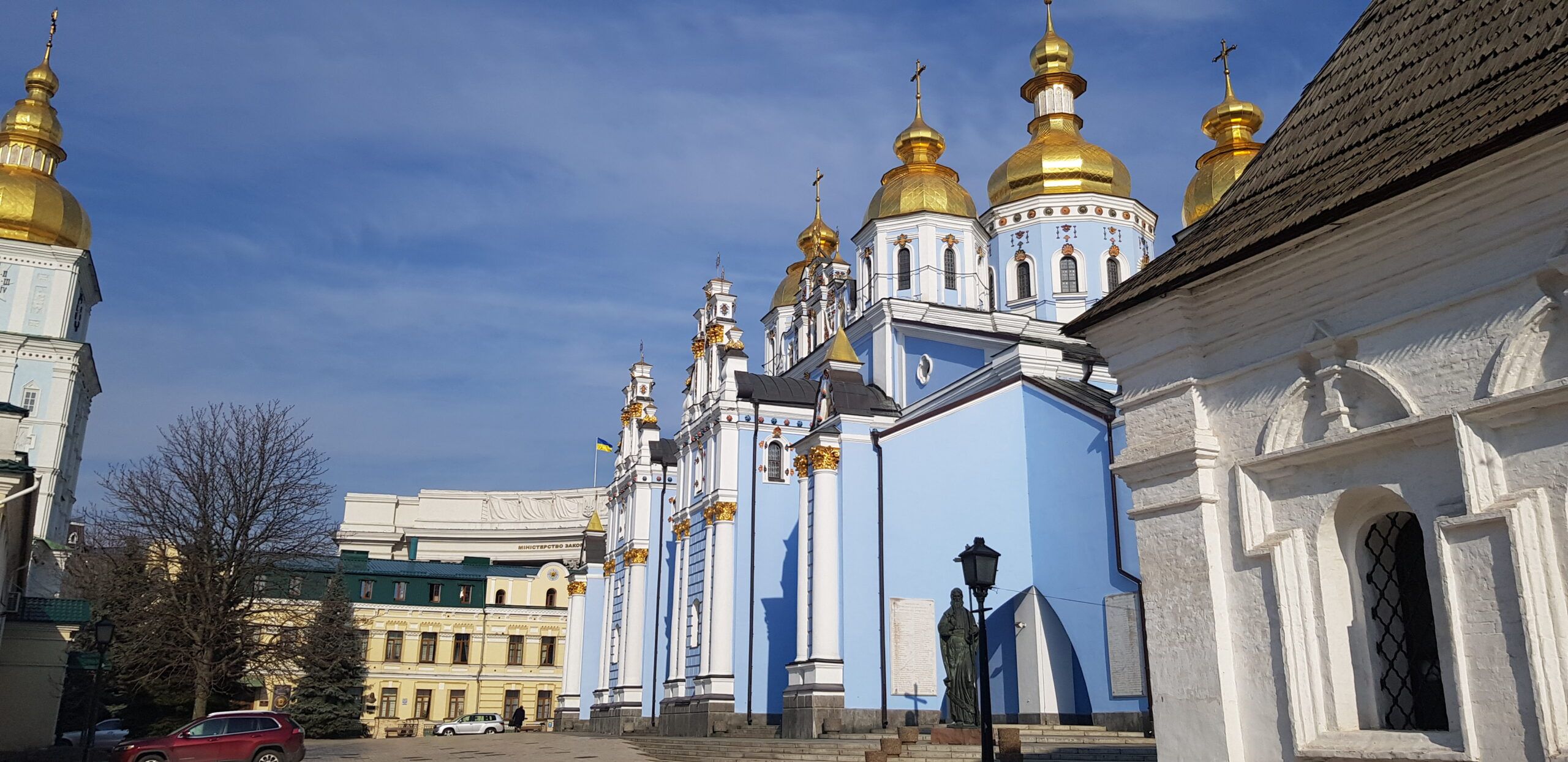
“It’s hard to imagine how this could happen. But if Ukraine regains control of the Zaporizhia nuclear power plant or receives greater military support from European countries that import this Russian gas, such a deal would be more acceptable to the Ukrainian government and its people,” he said. he, although he doubts that such negotiations are on the table.
The EU has stopped buying Russian oil and coal since the start of the war, and the European Commission has promised to eliminate all imports of Russian fossil fuels by 2027 to no longer finance Moscow’s war.
Russian gas exports to the EU have fallen from more than 40% of the continent’s total supply to less than 10% and member states have put in place gas storage targets ahead of winter to secure the supply of the continent. Europe’s gas storages are currently 92% full on average.
A last minute deal?
Each day that passes makes the extension of the transit agreement more unlikely, as the war continues to devastate Ukraine. The number of NATO member countries has grown, with Sweden and Finland joining since the invasion of Ukraine. As for Poland, it deployed its army to protect its airspace against Russian missiles targeting western Ukraine. Ukrainian President Volodymyr Zelensky recently insisted that his country’s survival could only be guaranteed by joining NATO or obtaining nuclear weapons.
Despite the profound changes in Europe’s geopolitical and energy landscape, a new transit agreement is not completely ruled out as winter approaches, even if the end of the current agreement is not in danger. Europe’s energy security.
“The end of the gas contract would have no significant effect on European energy security,” Olha Stefanishyna, Ukraine’s deputy prime minister, said earlier this month in response to a question from Montel during a webinar on EU and NATO integration in times of war. “This is a proven fact, and this is how we understand the situation from our side,” she added, reiterating a long-standing position of kyiv.
However, Stefanishyna, who is also Ukraine’s Justice Minister, did not rule out signing a last-minute deal. There are “still decisions to be made (…) proposals or questions that could be raised,” she said, even if it is “too early to talk about any developments before the new European Commission is fully in place. »
A source close to a major Central European energy company remains confident that stakeholders will reach a last-minute deal, as was the case five years ago. “The draft agreement is already in the drawers,” she said. “The delivery point for this agreement will not be the Ukrainian-Slovak or Ukrainian-Hungarian border, but will be moved 2,000 km to the east,” she said, noting that a European company should receive the gas on the Russian-Ukrainian border and pay Ukraine directly for the use of the gas pipeline.
“The challenge is to present the agreement in a way that is acceptable to Ukrainian, European and Russian public opinion, and in such a way that everyone can claim a victory. »
In Poland, a government source confirmed that discussions were underway to extend Russian gas imports to Europe, while insisting that these flows would be short-lived.
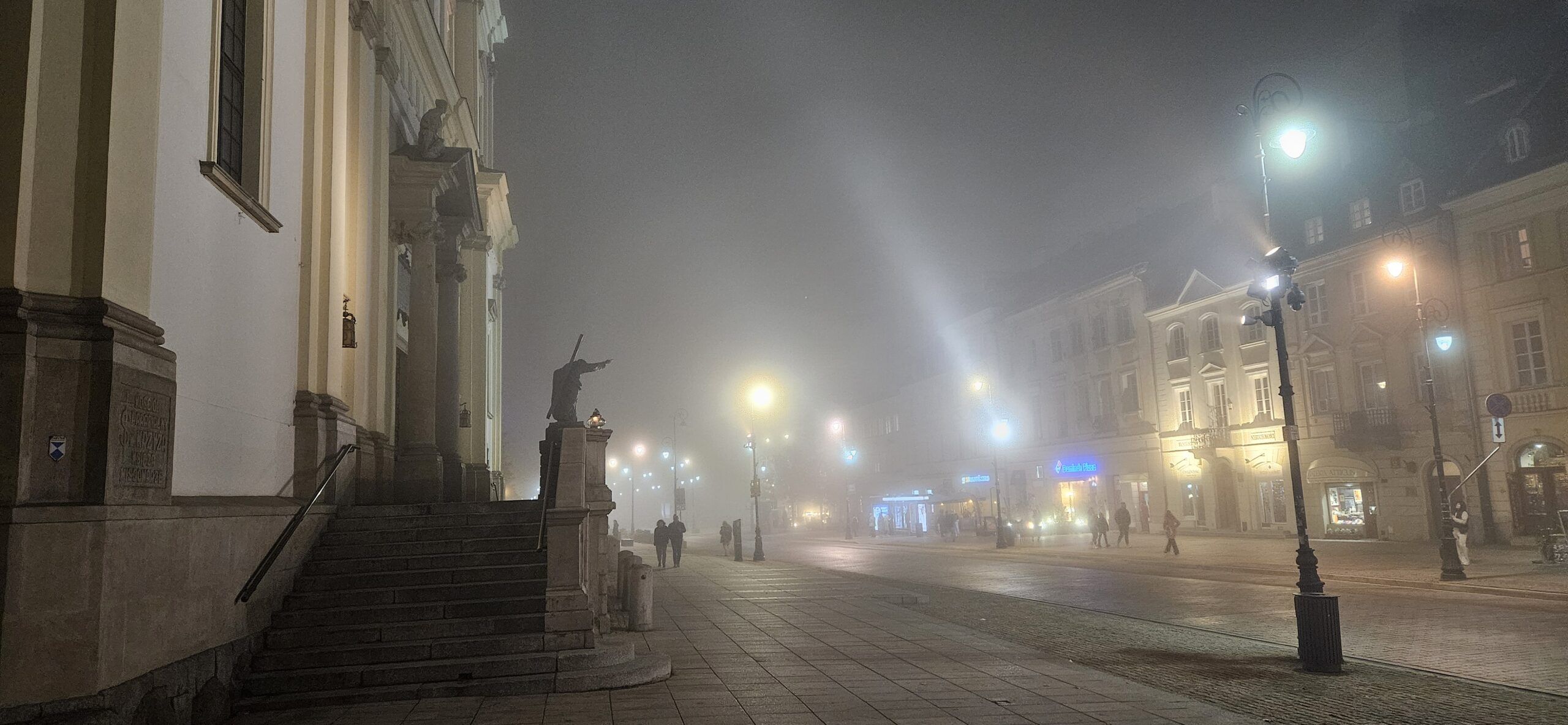
One of Ukraine’s closest allies, Poland will take over the presidency of the European Union next year and may be in a position to accelerate the closure of the last options for Russian gas supplies. “Getting rid of Russian gas is part of the government’s agenda,” the government source said. “I am confident that we will be committed to phasing out Russian gas by 2027.”

